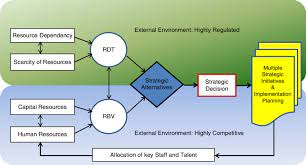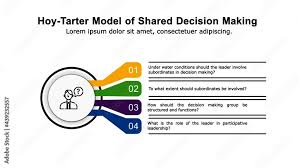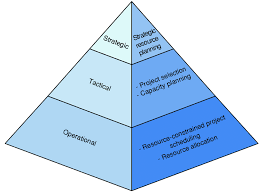Frequently Asked Questions About Strategic Decision-Making
- What do strategic decisions include?
- What is strategic decision example?
- What makes a strategic decision?
- What are the types of strategic decisions?
What do strategic decisions include?
Strategic decisions are high-level decisions that involve setting the direction of an organization and determining its long-term goals and objectives. Strategic decisions typically involve a significant amount of resources, both financial and human, and have a major impact on the organization’s future.
Some examples of strategic decisions include:
- Entering into a new market or expanding into new geographic regions.
- Developing new products or services to meet changing customer needs.
- Changing the organizational structure to improve efficiency or effectiveness.
- Investing in new technology to improve operations or gain a competitive advantage.
- Merging with or acquiring another company to expand market share or capabilities.
- Changing the company’s mission, vision, or values to better align with its strategic goals.
Strategic decisions are typically made by top-level executives such as CEOs, presidents, and board members, who have access to a wide range of information about the organization and its environment. These decisions require careful analysis, planning, and execution in order to achieve their intended outcomes.
What is strategic decision example?
A strategic decision is a decision that is made by the top-level management of an organization to achieve long-term goals and objectives. Here’s an example of a strategic decision:
Let’s say a company wants to expand its business into a new market. The top-level management will need to make a strategic decision on how to approach this expansion. They may consider various factors such as the size and potential of the new market, competition, regulations, available resources, and financial feasibility.
Based on their analysis, they may decide to enter the new market through acquisition or joint venture with an established player in that market, or by setting up their own operations from scratch. This decision will have significant implications for the company’s future growth and profitability.
Therefore, a strategic decision is critical in determining the direction of an organization and shaping its future success.
What makes a strategic decision?
A strategic decision is a decision that is made with a long-term perspective and has a significant impact on the success of an organization. It involves assessing the current situation, identifying potential opportunities and threats, and choosing a course of action that aligns with the overall goals and objectives of the organization.
Here are some key characteristics that make a decision strategic:
- Long-term focus: Strategic decisions are made with a long-term view in mind, considering how they will affect the organization over time.
- Importance: Strategic decisions have significant implications for the success of an organization, often involving high levels of risk or investment.
- Alignment: Strategic decisions are aligned with the overall goals and objectives of an organization, ensuring that they contribute to its success.
- Analysis: Strategic decisions are based on careful analysis of data and information, including market trends, customer needs, and competitor activity.
- Collaboration: Strategic decisions often involve collaboration among different departments or stakeholders within an organization to ensure that all perspectives are considered.
- Flexibility: Strategic decisions must be flexible enough to adapt to changing circumstances and market conditions over time.
Overall, making strategic decisions requires careful planning, analysis, collaboration, and a long-term perspective in order to ensure that organizations can achieve their goals and succeed in their respective industries.
What are the types of strategic decisions?
There are three main types of strategic decisions that organizations make:
- Corporate-level strategy decisions: These are high-level decisions that define the overall direction of the organization. They involve deciding which markets to enter or exit, which businesses to invest in or divest from, and how to allocate resources across different business units.
- Business-level strategy decisions: These are decisions that focus on how a particular business unit will compete in its specific market. This includes decisions about product development, pricing, marketing, and distribution.
- Functional-level strategy decisions: These are decisions made within individual functional areas of the organization, such as finance, operations, or human resources. They involve determining how to best use resources within each area to support the overall corporate and business-level strategies.
Each type of strategic decision is important for achieving organizational goals and ensuring long-term success. Effective strategic decision-making requires careful analysis of internal and external factors affecting the organization, consideration of various options and alternatives, and a clear understanding of the potential risks and rewards associated with each decision.




